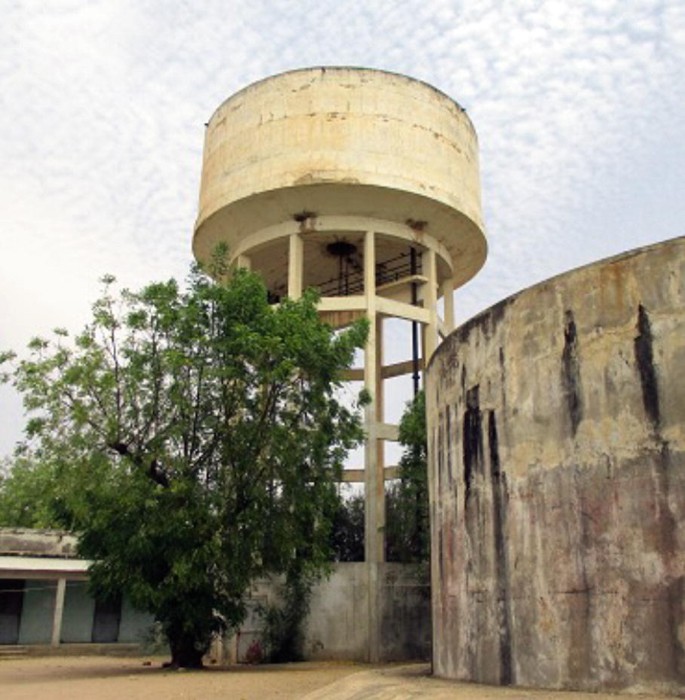
Dr. Sayed Ismail, Deputy Minister of Housing, Utilities, and Urban Communities, has chaired an extended meeting of the Higher Coordination Committee, tasked with updating the institutional structure and technical codes governing Egypt’s drinking water and wastewater systems.
Held at the National Center for Housing and Building Research, the meeting brought together senior figures including Dr. Mohamed Masoud, Chairman of the Center’s Board of Directors; Dr. Abdel Qawi Khalifa, former Minister of Water Utilities and Sanitation; and Dr. Mohamed Hassan, Chairman of the Regulatory Authority for Drinking Water, Sanitation, and Consumer Protection. A number of engineering experts from Egyptian universities and national research bodies also participated.
Dr. Ismail underscored the strategic importance of the committee’s role in addressing the challenges identified by the Supreme Committee for Industry.
Chief among these is the goal of localizing critical industries, such as the manufacture of water and sewage pumps. “This approach reduces Egypt’s dependence on imports and strengthens our economic resilience by promoting the use of locally made products,” he said.
The Deputy Minister noted that the committee is actively studying current per capita water consumption rates, aiming to finalize and implement a set of updated codes that reflect modern usage trends across rural, urban, and touristic zones. These new regulations are designed to ensure broader and more sustainable water service coverage.
Dr. Masoud, speaking on behalf of the National Center for Housing and Building Research, emphasized the Coordination Committee’s responsibility in setting the strategic direction for code development.
This includes supervising permanent sub-committees, creating operational frameworks, and aligning sector policy with Egypt’s broader sustainable development goals.
The session concluded with a strong call to accelerate the finalization and rollout of revised codes. These updates are seen as essential for improving efficiency in the design, construction, and operation of water and sanitation infrastructure.
They are also expected to safeguard national assets, align with the government’s asset divestment strategy, and foster industrial self-sufficiency.
This initiative forms part of Egypt’s ongoing drive to modernize its water infrastructure through innovation and digital transformation, ultimately enhancing service delivery for millions of citizens.



